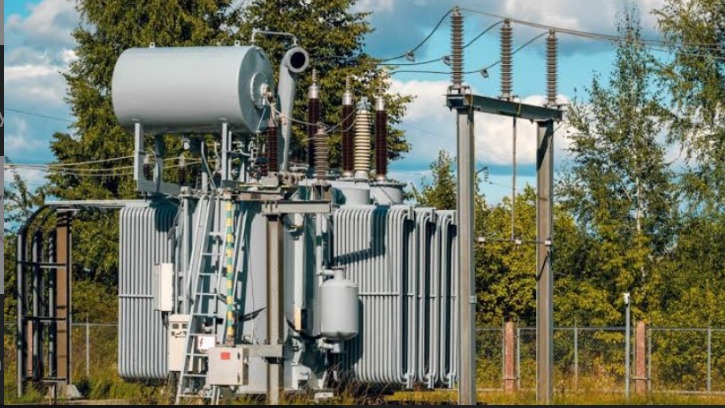While some parts of the city and surrounding towns continue to enjoy uninterrupted power supply, vast areas of Zaria are plunged into darkness for days. The inconsistency raises one fundamental question: What went wrong?
The Kaduna Electricity Distribution Company (KAEDCO), responsible for supplying electricity to Zaria and its environs, has in recent weeks become the target of public frustration. Officials within the company reportedly lament that they fail to meet their revenue targets at the end of every month. In response, residents allege that KAEDCO resorts to punitive mass disconnections, plunging whole communities into darkness as a way of pressuring them to pay their bills.
This practice has created a climate of distrust between the people and the electricity provider. Instead of strengthening consumer relations and improving supply, KAEDCO appears to be holding residents to ransom punishing the majority for the alleged non-compliance of a few.
The impact of this unreliable power supply is deeply felt in Zaria’s economy and daily life. Businesses that rely on electricity such as welders, tailors, cold room operators, internet cafés, and water vendors are suffering huge financial losses. Many are now forced to shut down operations earlier than usual or invest heavily in fuel-powered generators, which further eats into their already meager profits.
Households too are bearing the brunt. Families cannot preserve food, students struggle to study in the dark, and those with medical needs that require constant power supply face life-threatening risks.
For many, the situation has become so intolerable that despair has set in. What was once seen as a temporary disruption has now become a permanent condition.
Rumours making the rounds suggest that the mass disconnections are tied to poor patronage of bill payments. KAEDCO, it is alleged, disconnects entire neighborhoods if residents fail to pay their bills on or before the stipulated due dates. This collective punishment has sparked anger, as it punishes even those who diligently pay their bills on time.
While KAEDCO’s mandate, as with every electricity distribution company in Nigeria, is to maintain an efficient, coordinated, and economic system of supply, the company seems to ignore one critical fact: the majority of its consumers are low-income earners. Expecting timely payments from communities struggling with unemployment, inflation, and rising costs of living without offering flexible options is unrealistic and unfair.
The electricity crisis in Zaria is not insurmountable. With the right steps, KAEDCO and relevant authorities can restore confidence in the system.
Blanket punishment of entire neighborhoods should stop. Disconnections should be targeted at actual defaulters, not law-abiding customers.
Electricity is not a privilege it is a basic necessity for modern living and economic development. In Zaria, the worsening power crisis is crippling businesses, deepening poverty, and fueling frustration among residents. While KAEDCO has legitimate concerns about revenue collection, using darkness as a weapon against communities is counterproductive.
Instead of creating a climate of hopelessness, KAEDCO must rise to the challenge of balancing revenue generation with its responsibility to consumers. Only then can Zaria’s residents reclaim the promise of stable electricity and the opportunities it brings.
Abdullahi Adda’u Turawa, wrote from Zaria, Nigeria.










